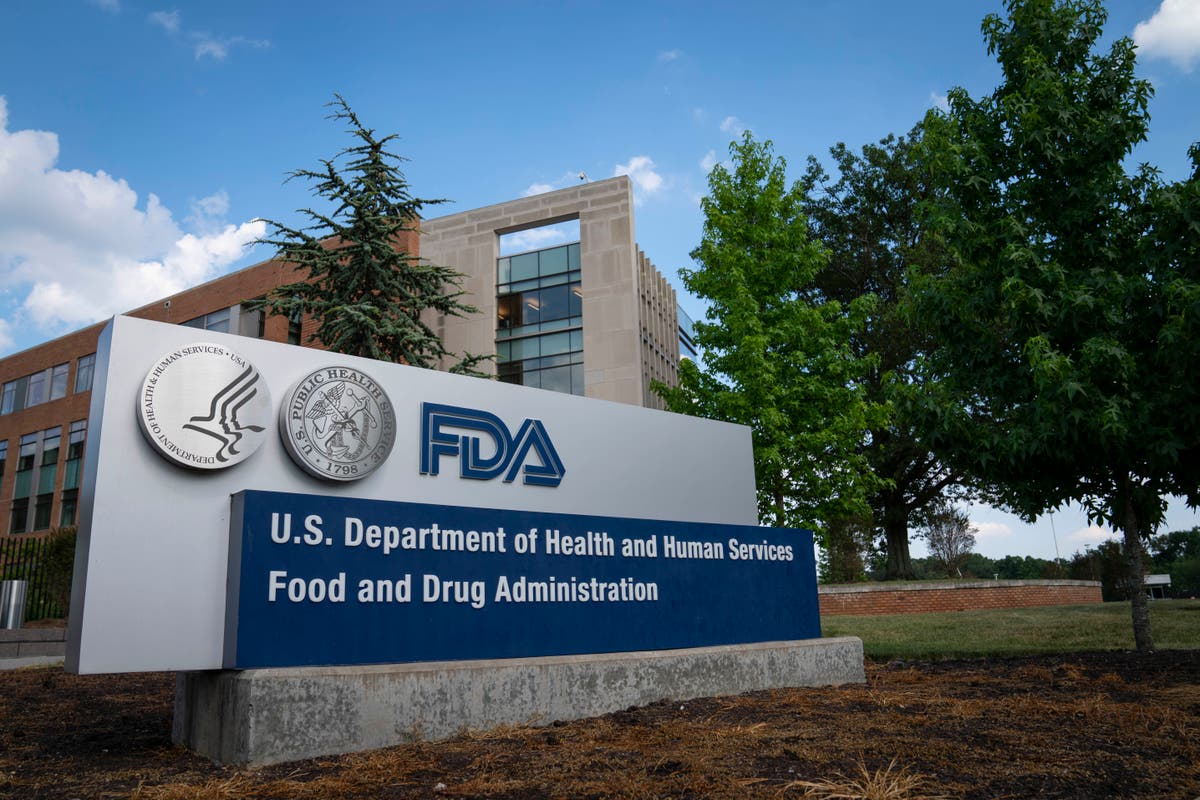The Food and Drug Administration (FDA) has started to test cheese for cases of bird flu.
Federal health officials have started to gather samples of aged raw cow’s milk cheese to test for the infectious disease, the FDA said Monday. The collection of the samples started toward the end of this month and is set to be finished by the end of March. The agency noted that it may extend the collection period if needed.
This comes after the Department of Agriculture issued a federal order earlier in December stating that samples of raw milk would be collected and shared with the FDA to be tested for the disease, according to ABC News.
The FDA has said that it’s set to gather 300 samples of raw cow’s milk cheese which has been aged for at least two months.
The samples will then be examined using a PCR test that searches for genetic material from the virus. The tests are set to be completed within a week of collection, the FDA has said. Samples that are found to have the virus will then be subjected to viability testing, which is conducted by injecting part of the virus into an embryonated egg and looking at whether it grows or multiplies, ABC noted.
Cheese with raw milk is made using unpasteurized milk. The FDA noted that in the U.S., raw milk cheese is allowed but it has to be aged for at least 60 days to lessen the risk of pathogens.
The FDA said that positive samples for viable viruses will be “evaluated on a case-by-case basis,” and that the agency may impose measures “such as a recall, follow-up inspection or other possible responses to protect public health.”
Previously, the FDA has shared warnings regarding drinking raw milk, which is made without pasteurization, the process that removes viruses and bacteria.
A sign for the Food And Drug Administration is seen outside of the headquarters on July 20, 2020 in White Oak, Maryland. The FDA has started to test cheese for bird flu (Getty Images)
The agency views unpasteurized cheeses and other products made using raw milk as “high-risk.”
Previous studies by federal health officials have revealed that pasteurization kills the bird flu virus. About 99 percent of commercial milk produced on American dairy farms adheres to a pasteurization program.
“Because we have limited research and information on whether [highly pathogenic avian influenza] viruses can be transmitted through raw milk or raw milk products, such as cheese, the FDA recommends that industry does not manufacture or sell raw milk or raw/unpasteurized milk cheese products made with raw milk from cows showing symptoms of illness, including those infected with HPAI viruses or exposed to other cows infected with avian influenza viruses,” the FDA told ABC.
Pasteurization kills bacteria by heating milk to a specific temperature and has been a practice in the U.S. for over a century.
The first human case of the bird flu in the U.S. was reported in April. Sixty-six human cases had been reported in seven states as of Tuesday, according to data from the CDC. California has the highest number of cases — 36. Nearly all of the cases have been in close contact with infected animals and most of the cases have been mild.
